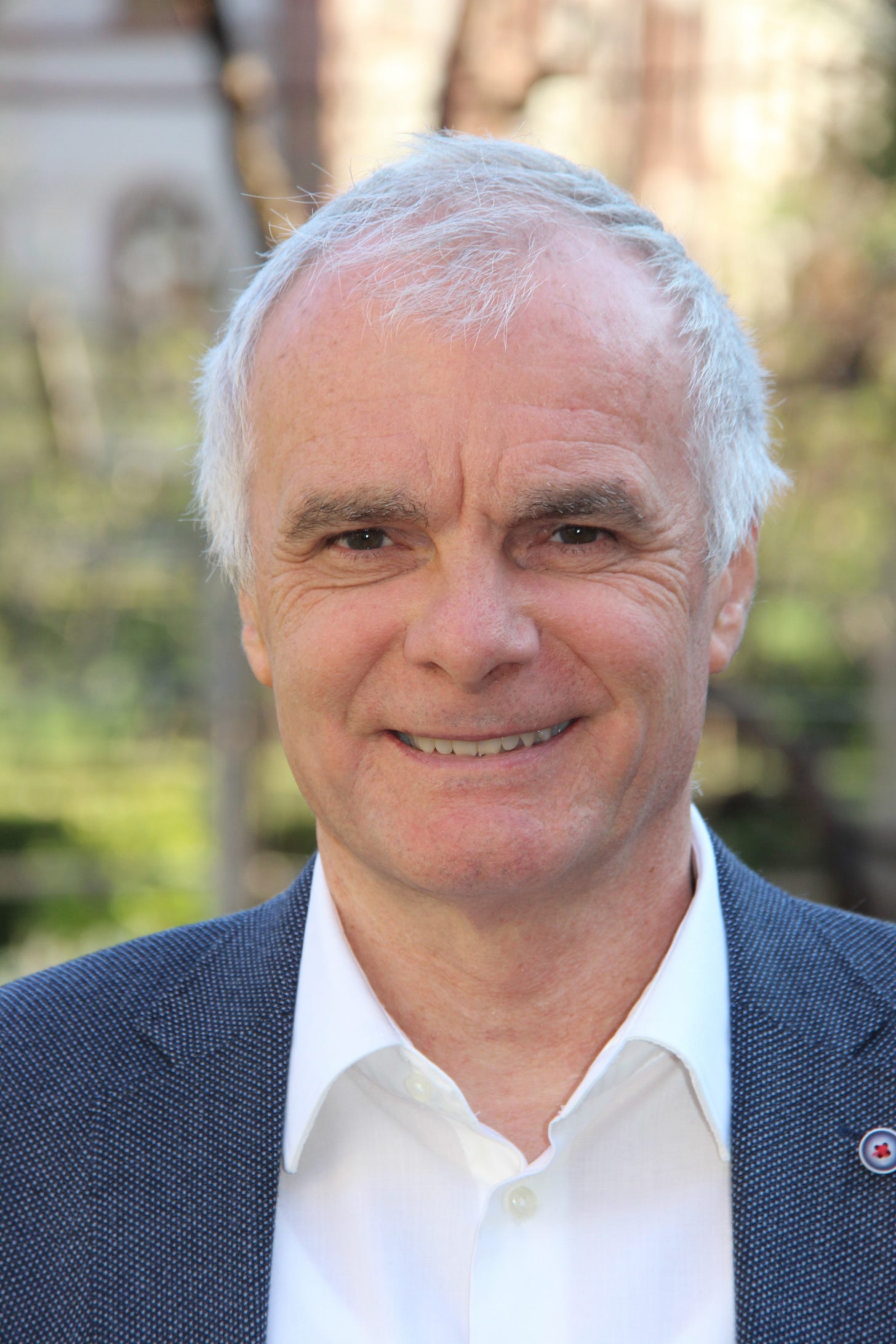Who and Why
I’m Friedrich Weibel. I write about culture and politics, and how they intersect to shape the world we live in. I explore how the triangle of image, myth, and symbol creates meaning and a frame for the interpretation of what we experience. I’m inclined to discover the poetry of everyday life. I don’t mind going after the subtle stuff — things barely perceptible — for often they turn out big.
I’m a historian. The past is the quality of the soil that in part determines what crops we’ll be able to plant and harvest. The other part has to do with our stewardship. What do we make of our heritage? What are we willing to fence in? What do we need to plow under? What can we share with our neighbors?
About Many Awesome Fence Posts
My grandparents were farmers. An important part of their hard work involved building and maintaining fences. Sometimes fences were moved; my grandfather would rotate pastures to ensure even grazing. It’s easy to see that the quality of fence posts was important. My grandparents, Swiss, cherished freedom, theirs and their neighbors’.
My wife grew up in East Germany, behind a fence of a different sort. Had it not been removed, we would have never met. Her mother had attempted to flee. Freedom was elsewhere.
Almost fifty years ago, I would hitchhike from Minnesota to Colorado and back. On many more trips crisscrossing the Plains, I’d reflect on the vast spaces and how people altered them. The images of fence posts driven into the Prairie soil stood for another kind of freedom — freedoms gained and freedoms lost. The arrival of barbed wire after 1873 changed everything for everyone, everywhere. Cowboys became farmers, the bison almost extinct, and the people who had roamed the grasslands for hundreds of years were reduced to beggars. And soldiers sent to the Great War over there bled to death, entangled in barbed wire and imperial ambitions.
I write articles and essays about freedom and republican democracy — and the thousand little big things that sustain them. I celebrate what Tocqueville called the Habits of the Heart because democracy’s life depends on them. I shed light on the Heart of Darkness that sucks the spirit out of republican virtues.
Subscribe to get full access to Many Awsome Fence Posts and publication archives.
Stay up-to-date
Never miss an update—every new post is sent directly to your email inbox. For a spam-free, ad-free reading experience, plus audio and community features, get the Substack app.
Join the crew
Be part of a community of people who share your interests. Participate in the comments section, or support this work with a subscription.
To learn more about the tech platform that powers this publication, visit Substack.com.



